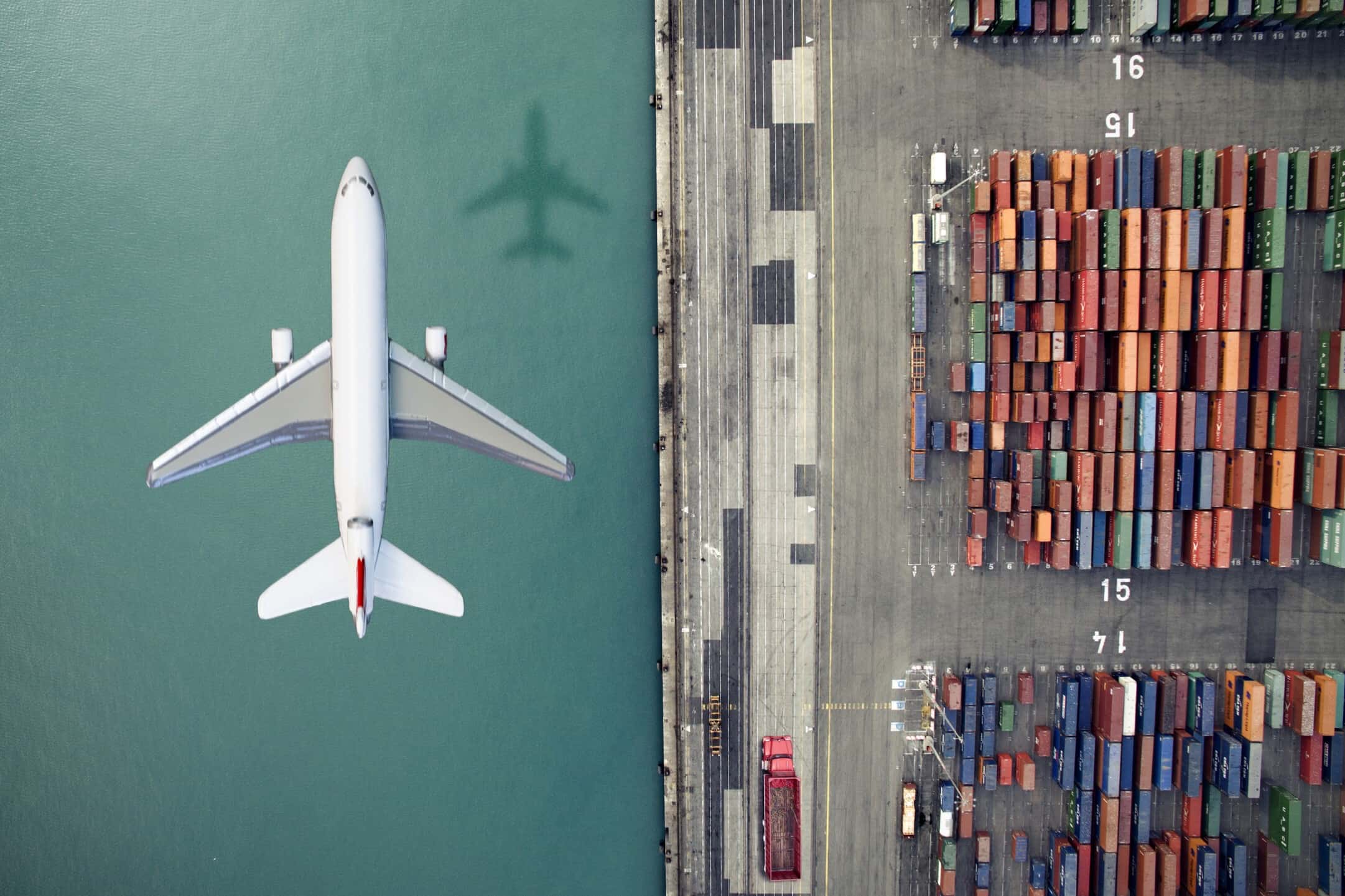
Aviation logistics is a fascinating field that keeps the world connected, ensuring everything from fresh flowers to critical medical supplies reach their destinations on time. Ever wondered how your favorite tropical fruit makes it to your local grocery store in the dead of winter? Or how emergency relief supplies get to disaster-stricken areas so quickly? Aviation logistics is the answer. This industry involves intricate planning, coordination, and execution to move goods efficiently through the skies. From cargo planes to ground handling, each step is crucial. Let's dive into 13 intriguing facts about this essential yet often overlooked industry. Buckle up; it's going to be an enlightening ride!
Key Takeaways:
- Aviation logistics is crucial for global trade, delivering goods quickly and supporting e-commerce, but it also has environmental impacts that need to be addressed.
- The future of aviation logistics includes exciting developments like using drones for delivery, promising faster and more efficient solutions for transporting goods.
The Importance of Aviation Logistics
Aviation logistics plays a crucial role in global trade and transportation. It ensures the efficient movement of goods and people across vast distances. Here are some fascinating facts about this vital industry.
-
Aviation logistics supports global trade. It enables the rapid transport of high-value and time-sensitive goods, making it a key component of international commerce.
-
Air cargo is fast. Air freight is the fastest mode of transportation, often delivering goods within 24-48 hours across continents.
-
Airports are logistics hubs. Major airports like Frankfurt, Hong Kong, and Memphis serve as central points for cargo distribution, handling millions of tons of freight annually.
The Mechanics of Air Cargo
Understanding how air cargo operates can shed light on the complexity and efficiency of aviation logistics.
-
Specialized aircraft for cargo. Planes like the Boeing 747-8F and the Airbus A330-200F are designed specifically for transporting large volumes of goods.
-
Cargo handling is automated. Many airports use advanced automated systems to load and unload cargo, increasing efficiency and reducing human error.
-
Temperature-sensitive cargo. Pharmaceuticals, perishables, and other sensitive items are transported in temperature-controlled environments to ensure their integrity.
The Economic Impact
Aviation logistics significantly impacts the global economy, influencing various sectors and industries.
-
Job creation. The aviation logistics sector provides millions of jobs worldwide, from pilots and ground crew to logistics planners and customs officials.
-
Boosts local economies. Airports and logistics hubs stimulate local economies by attracting businesses and creating employment opportunities.
-
Facilitates e-commerce. The rise of online shopping has increased the demand for air cargo services, enabling faster delivery times for consumers around the globe.
Environmental Considerations
While aviation logistics is essential, it also has environmental implications that need addressing.
-
Carbon footprint. Air transport contributes to greenhouse gas emissions, prompting the industry to seek more sustainable practices.
-
Fuel efficiency improvements. Advances in aircraft technology and alternative fuels are helping to reduce the environmental impact of air cargo.
-
Sustainable logistics practices. Companies are adopting greener practices, such as optimizing flight routes and investing in carbon offset programs.
Future Trends in Aviation Logistics
The aviation logistics industry is constantly evolving, with new trends shaping its future.
- Drones for delivery. Unmanned aerial vehicles (UAVs) are being tested for cargo delivery, promising faster and more efficient logistics solutions.
The Final Descent
Aviation logistics is a fascinating field that keeps our world connected. From the intricate planning of flight routes to the precise timing of cargo deliveries, every detail matters. Understanding these 13 facts gives you a glimpse into the complexity and importance of this industry.
Whether it’s the role of air traffic controllers, the significance of cargo planes, or the impact of weather on flights, each aspect plays a crucial part in ensuring smooth operations. Next time you see a plane in the sky, remember the countless professionals working behind the scenes to make that journey possible.
Aviation logistics is more than just moving goods and people; it’s about efficiency, safety, and innovation. So, keep these facts in mind and appreciate the marvel of modern aviation. Safe travels!
Frequently Asked Questions
Was this page helpful?
Our commitment to delivering trustworthy and engaging content is at the heart of what we do. Each fact on our site is contributed by real users like you, bringing a wealth of diverse insights and information. To ensure the highest standards of accuracy and reliability, our dedicated editors meticulously review each submission. This process guarantees that the facts we share are not only fascinating but also credible. Trust in our commitment to quality and authenticity as you explore and learn with us.


